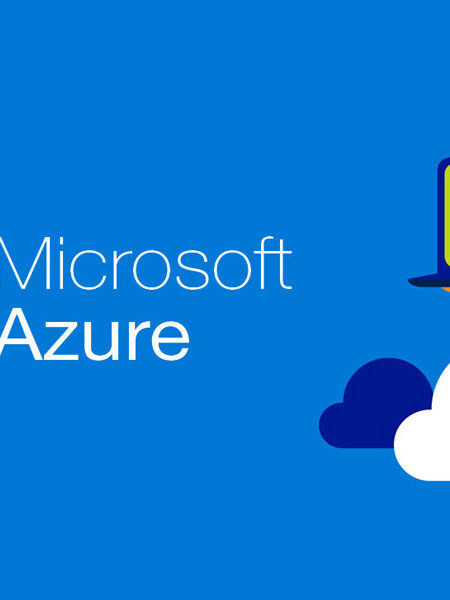In today’s technology-driven world, ensuring business continuity is paramount. Downtime and data loss can have catastrophic consequences for any organization. Managed IT services offer a robust solution to maintain business continuity, providing expertise, technology, and strategies to keep your operations running smoothly even in the face of disruptions. Here’s how managed IT services can help ensure your business stays resilient and uninterrupted. 1. Comprehensive Disaster Recovery Planni...
Data is one of the most critical functions for business success, and unexpected data loss can wreak havoc on business operations. To maintain business continuity, organizations need to ensure that all data they generate is backed up, protected, and recoverable when it matters. There are several data backup software on the market, but there are several compelling reasons to use the Acronis backup service for data protection and recovery needs. Here are some key rationales for choosing Acronis:...
Microsoft Azure is the industry leader in IaaS because it offers great disaster recovery (DR) solutions for various applications running on IaaS virtual machines (VMs). Implementing disaster recovery (DR) solutions for Microsoft Azure Infrastructure-as-a-Service (IaaS) applications is crucial to ensure business continuity and protect against potential disruptions. Here are some commonly used DR solutions for Azure IaaS applications: 1. Azure Site Recovery (ASR): ASR is a fully managed DR se...
Cloud disaster recovery is a security measure that consists of storing copies of electronic documents in a cloud environment. Cloud DR aims to provide a generalised way to retrieve data or implement failure in case of human or natural disaster. When implementing a cloud-based disaster recovery (DR) solution, several key milestones should be considered to ensure a successful and effective implementation. Here are some key milestones for cloud-based disaster recovery: 1. Business Impact Analys...
Cloud-based backup and physical on-site backup are two distinct approaches to data backup, each with its own advantages and considerations. Let's compare the two: Cloud-Based Backup: 1. Accessibility and Scalability: Cloud-based backup offers the advantage of accessibility from anywhere with an internet connection. Data is stored off-site in remote servers, providing flexibility and scalability as storage capacity can be easily expanded as needed. 2. Off-Site Data Protection: Stor...





